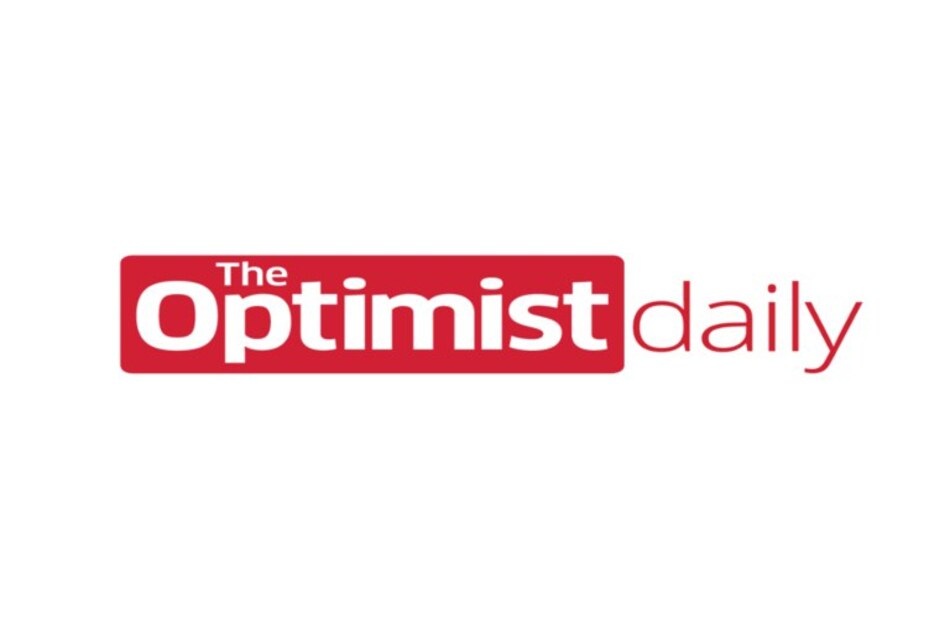Much has changed in the corporate world since 2014. Back then, brands went largely unchallenged for standing on the sidelines or issuing noncommittal statements during the Black Lives Matter protests in Ferguson, Missouri.
Calls for the Washington football team to change its name at that time also faded after team management and the NFL refused to acknowledge them. In recent weeks, however, the team has bowed to sustained public pressure and announced that it will drop the “Redskins” name and logo.
Meanwhile, companies that try to make purely symbolic gestures to protest racism are no longer getting away with it. For instance, when JPMorgan Chase CEO Jamie Dimon took a knee with employees to signal support for the BLM movement, activists were quick to point out the bank’s recent history of lending discrimination and its lack of Black executives.
What we are seeing is that, after years of tolerating companies making weak pledges and looking the other way, the public has raised the bar for what constitutes an acceptable corporate response to racial injustice. It is no longer enough to issue a boilerplate statement and move on—companies must engage directly and authentically with the issue and own their past failures to be taken seriously.
According to the research of Arizona State Associate Professor Jonathan Bundy, a brand’s reputation and the public’s expectations of them play a major role in determining how their response to a crisis will be received. These two factors often interact in counterintuitive ways. For example, companies with stronger reputations are actually more at risk of inciting public wrath. The public perceives them as having greater responsibility for building a path forward and leading with integrity. Any misstep feels like not just a mistake, but a betrayal of trust.
With all this in mind, what should businesses keep in mind as they navigate ongoing calls for action to address racial inequality? According to Bundy, they should keep a note of the following 3 things.
Companies should be attuned to what people expect of them: Of course, companies should be driven by doing what is right rather than simply trying to match expectations—but understanding your accountability in the eyes of the public can help clarify the appropriate response.
Companies should pursue authentic responses that connect to their strengths and their brands: Instead of issuing a generic statement or making a donation, businesses can draw on their existing competencies to stand out and demonstrate their investment in a cause. For instance, Audible responded to the coronavirus crisis by making educational books available to kids stuck at home for free. Uber has leaned into its strengths by offering free delivery for Black-owned businesses through Uber Eats for the rest of the year.
Companies should mount a consistent response across their organization and in their messaging: The noncommittal tactics and generic responses that companies offered in the past will no longer cut it in today’s racial justice movement. Businesses must engage with the issue directly, authentically, and consistently, acknowledging their past mistakes and developing concrete plans for moving forward while paying close attention to public expectations. When a company listens and responds to the public’s expectations, it can become a leader on racial justice rather than trying to constantly cover its tracks.











